
Author Mads Timmermann
Mads has 15+ years of experience as a skin expert and has written/read this article.
🔥 New Updated 2025 Guide: 🔥
👉 Get the Clean Skin Guide now
Tired of acne and breakouts that never go away? 🤔
Learn how to fight your acne effectively and quickly.
🌟 390,067 others have already received the guide.
In the quest for optimal fitness and physique, many individuals incorporate whey protein supplements into their diets, valuing its high-quality protein that ostensibly aids in muscle recovery and growth. However, concerns have been raised about a potential relationship between whey protein consumption and the development of acne, especially among those predisposed to this skin condition. As acne can be influenced by various dietary factors, it is important to understand the nature of this association and consider how whey protein might impact skin health.
The debate centers around the idea that whey protein, a derivative of milk, could trigger acne through mechanisms that relate to insulin release and increased production of hormones associated with sebum production. Sebum is an oily substance that, when produced in excess, can contribute to the clogging of pores and the subsequent formation of acne. The scientific community has observed incidences of acne located particularly on the trunk following whey protein supplementation. Considering these factors, assessing dietary protein sources becomes imperative in developing effective strategies for acne management and prevention without compromising nutritional goals.
Key Takeaways
- Whey protein intake may be linked to the development of acne in individuals with certain predispositions.
- Diet plays a role in skin health, and protein sources can influence acne flare-ups.
- Understanding protein's impact on the skin can guide better dietary choices for acne management.
Link Between Whey Protein and Acne
The relationship between whey protein and acne focuses on how this popular supplement may influence skin health, particularly its role in acne development.
Scientific Evidence
Several studies indicate that whey protein, especially when consumed in large quantities, could be linked to the development of acne. One study reports a number of healthy male adolescents developing acne located only on the trunk after consuming whey protein supplements. Also, research has examined the connection between whey protein, milk, and acne, proposing that insulinotropic effects of these dairy products might contribute to acne development. Another study points out that over 7,408 articles were reviewed to determine the correlation between whey protein and acne vulgaris, highlighting the significance of this relationship in scientific research.
Dermatological Viewpoint
From a dermatological perspective, acne can be affected by diet and specific ingredients. Whey proteins, being derivatives of milk, have been discussed in dermatological literature with respect to their potential to increase muscle mass and simultaneously influence acne. Dermatologists have taken note of whey protein's extracts and their effect on acne, drawing from patient cases and clinical observations. It is recognized that dairy products, including whey protein, can trigger hormonal fluctuations which might contribute to acne.
Factors Contributing to Acne
Acne's multifaceted etiology involves intricate interplays between genetics, hormone fluctuations, and external contributors. We'll explore how specific dietary components and lifestyle conditions can influence acne development.
Dietary Habits
- High Glycemic Index Foods: Foods with a high glycemic index can trigger a spike in blood sugar and insulin levels, potentially leading to increased sebum production and acne.
- Dairy Products: An association between dairy, especially whey protein, and acne suggests that these foods might influence breakout frequency through insulinotropic effects that raise insulin levels.
Lifestyle and Environmental Factors
- Stress: Elevated stress levels are linked to increased sebum production due to the release of cortisol, thus possibly exacerbating acne conditions.
- Pollutants and Humidity: Skin exposure to pollutants and high humidity can clog pores and intensify acne symptoms by disturbing the skin's natural balance.
Alternative Protein Sources and Acne
When considering the relationship between protein intake and acne, it is important to assess alternative protein sources beyond whey. Different proteins may impact skin health in varying ways.
Plant-Based Proteins
We recognize that plant-based proteins offer a myriad of nutrients and can be a suitable alternative for those who experience acne with whey protein consumption. Foods like lentils, chickpeas, and a variety of nuts are rich in protein while also providing fiber and antioxidants. Evidence from a review spanning 2009 to 2020 suggests that incorporating plant-based proteins could potentially have a less inflammatory effect on the skin compared to certain animal proteins.
Casein and Egg Proteins
Switching to proteins such as casein or eggs might seem like a plausible alternative; however, these animal proteins could still pose a risk for acne-prone individuals. Casein, a protein found in milk and dairy products, is known for its slow digestion rate and high quality of amino acids. While egg proteins are esteemed for their complete essential amino acid profile, individuals concerned about acne should consider the potential hormonal influences associated with animal-derived proteins, potentially influencing acne development.
Management and Prevention Strategies
When addressing the potential link between whey protein and acne, employing both topical and dietary strategies can be effective management and prevention techniques. These methods aim to maintain clear skin and a balanced diet.
Skincare Routine
Establishing a targeted skincare routine is critical. We recommend starting with gentle, non-comedogenic cleansers to avoid clogging pores. It's essential to incorporate products that are formulated to treat acne-prone skin. A Skin Care Kit specifically designed for your skin type can offer a regimented approach to tackling acne. Following this, using skin-soothing toners and moisturizers can help restore the skin's natural barrier, thereby reducing the occurrence of acne flare-ups. Additionally, for a tailored skincare regimen, a personalized skin care routine based on clinical data may further enhance your skin's health.
Dietary Adjustments
Adjusting your diet is another proactive step. It is suggested to moderate whey protein intake if you notice an association with acne development. Replacing whey with alternative protein sources such as pea, soy, or hemp may be beneficial. Emphasizing foods with a low glycemic index and rich in antioxidants can help regulate insulin levels and reduce inflammation. It's important to stay hydrated and limit consumption of refined sugars and dairy products, which have been linked to acne in some cases.
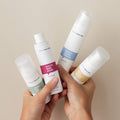
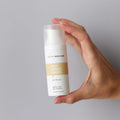
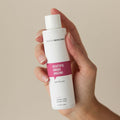
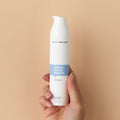
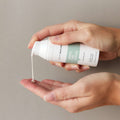
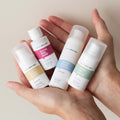
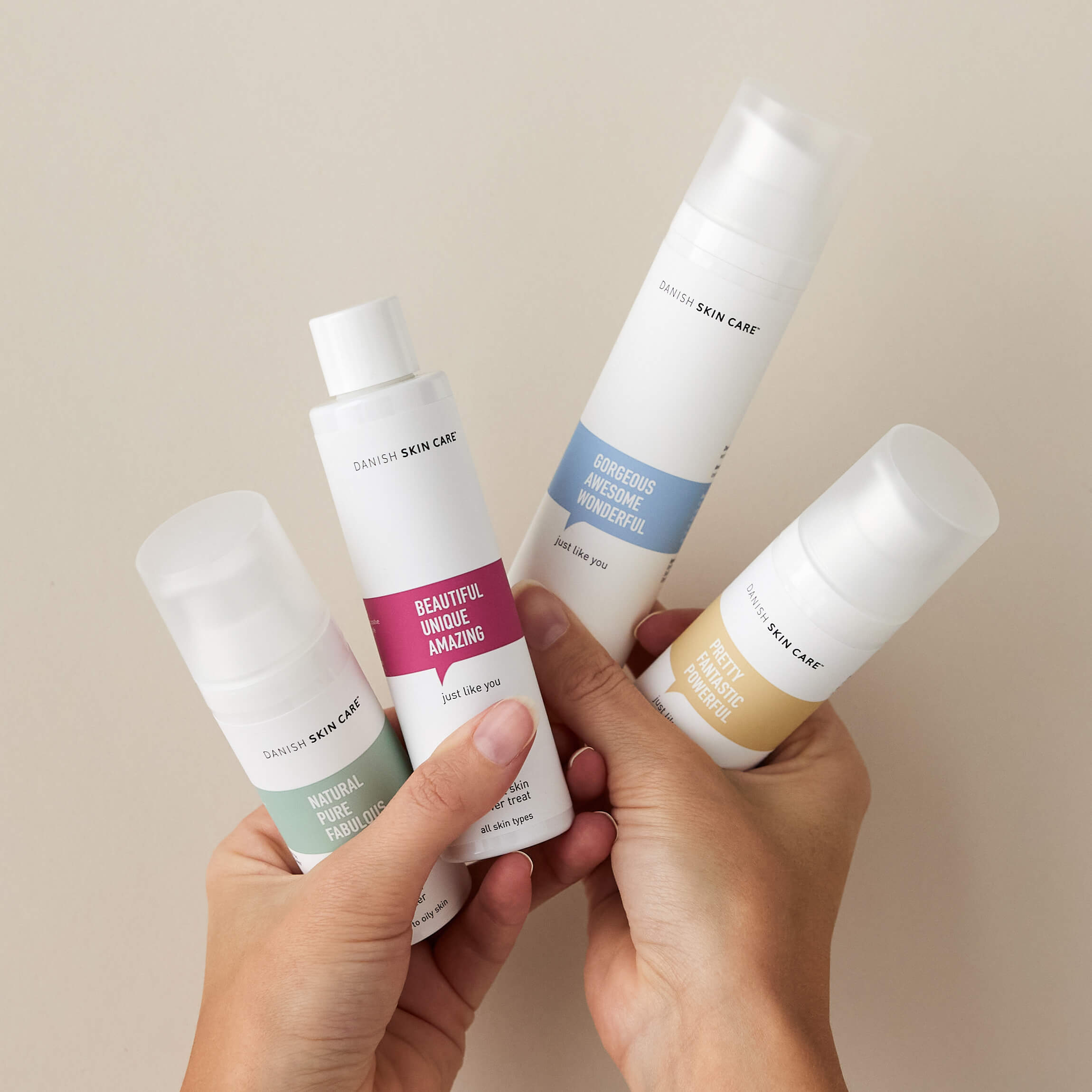
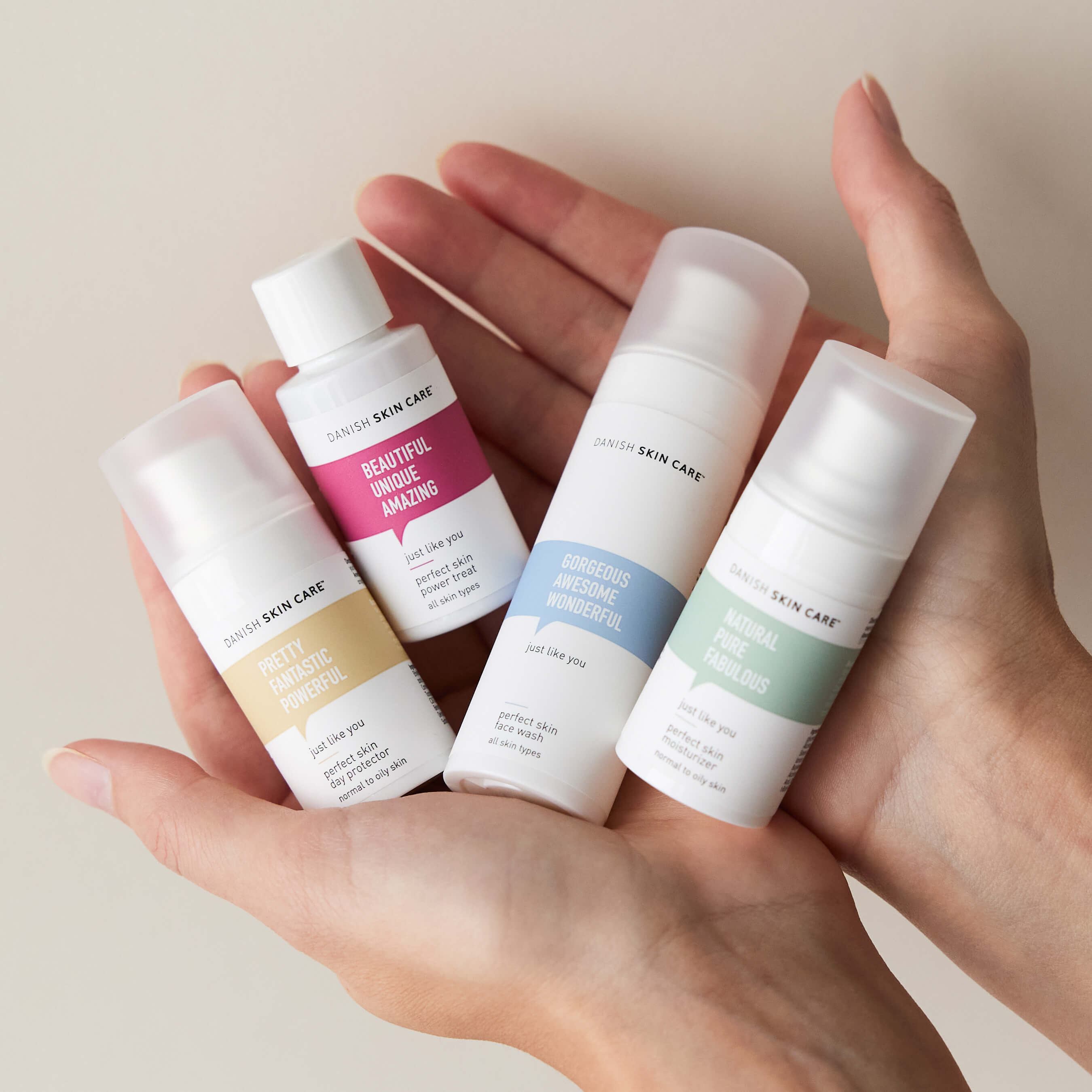

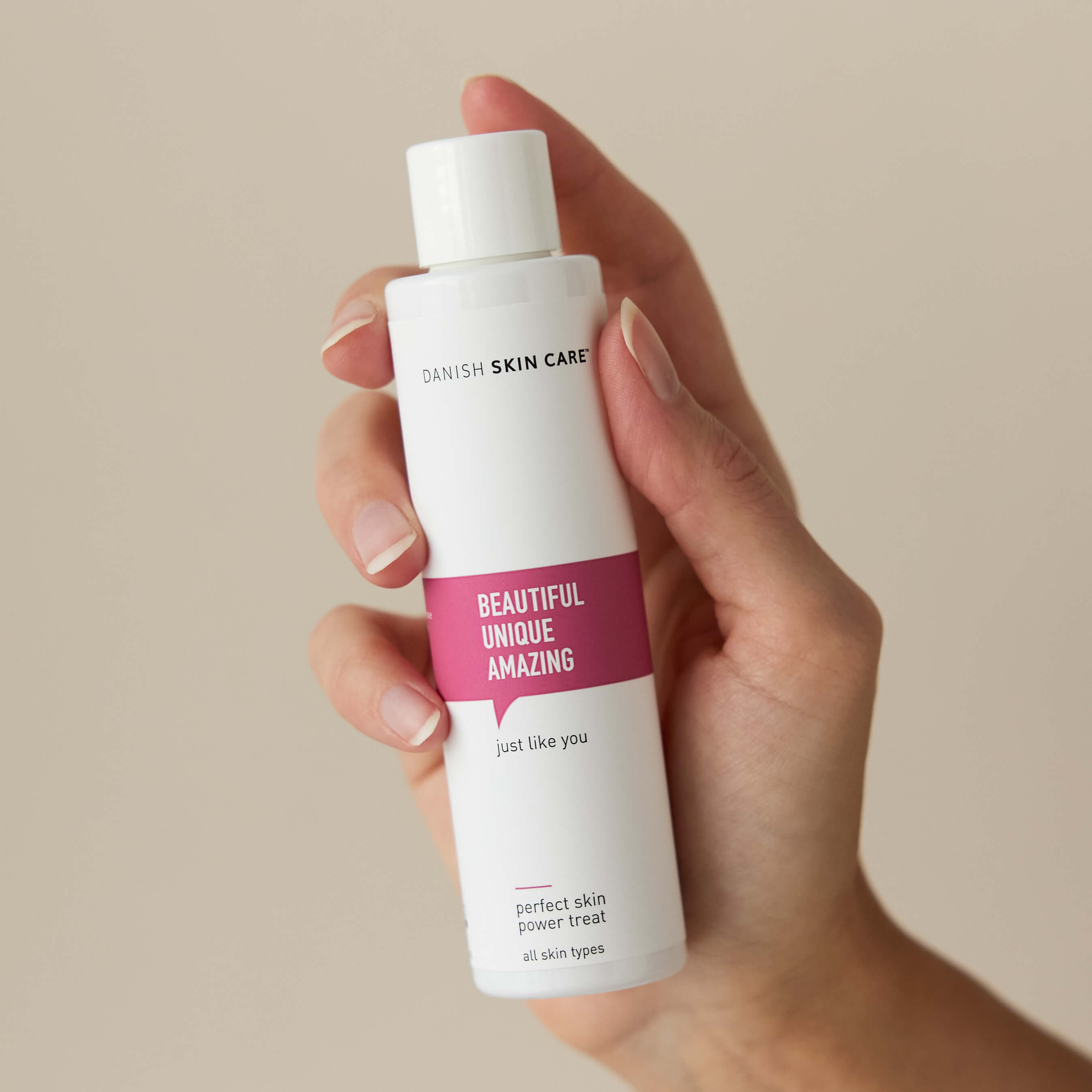
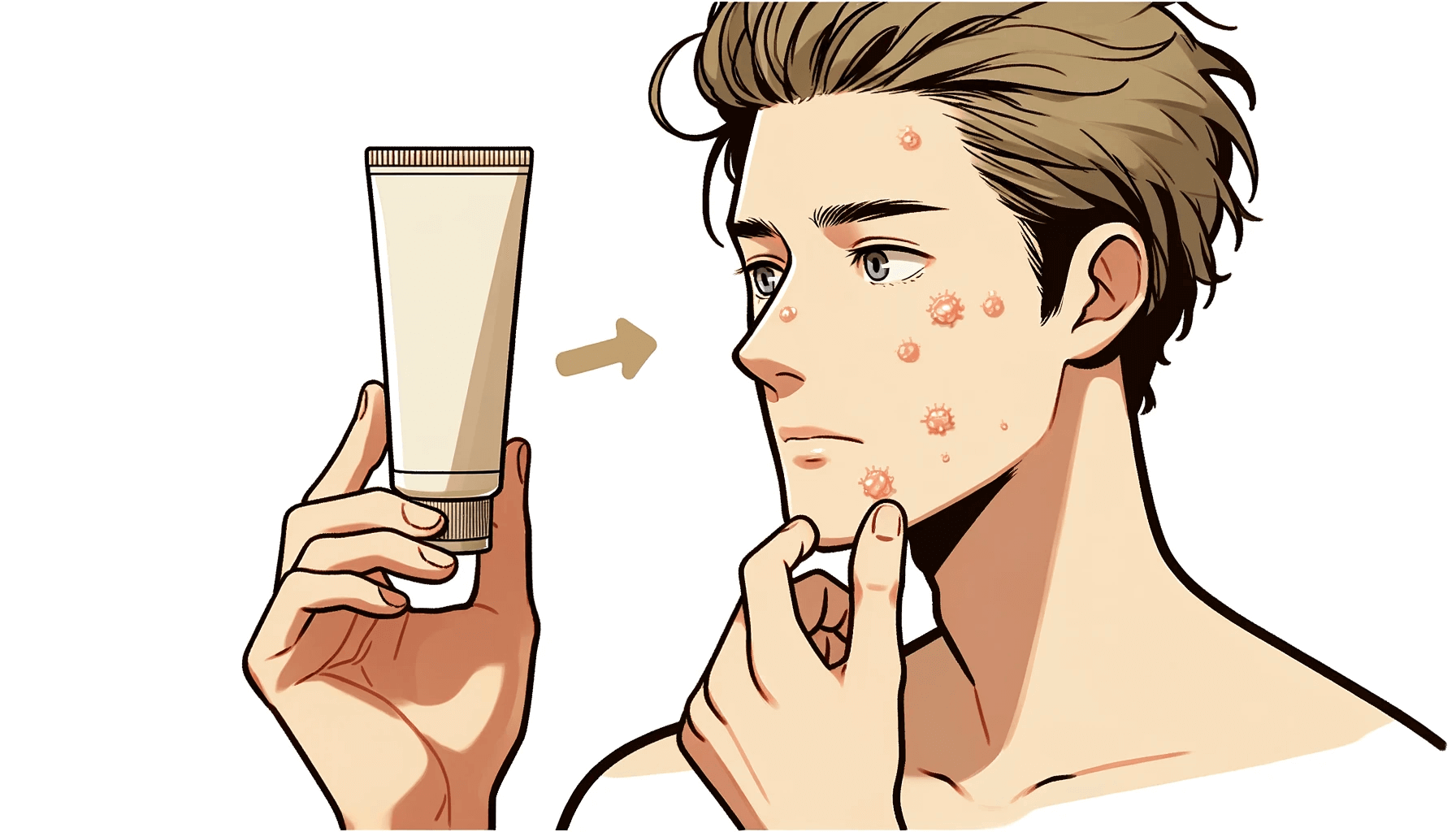
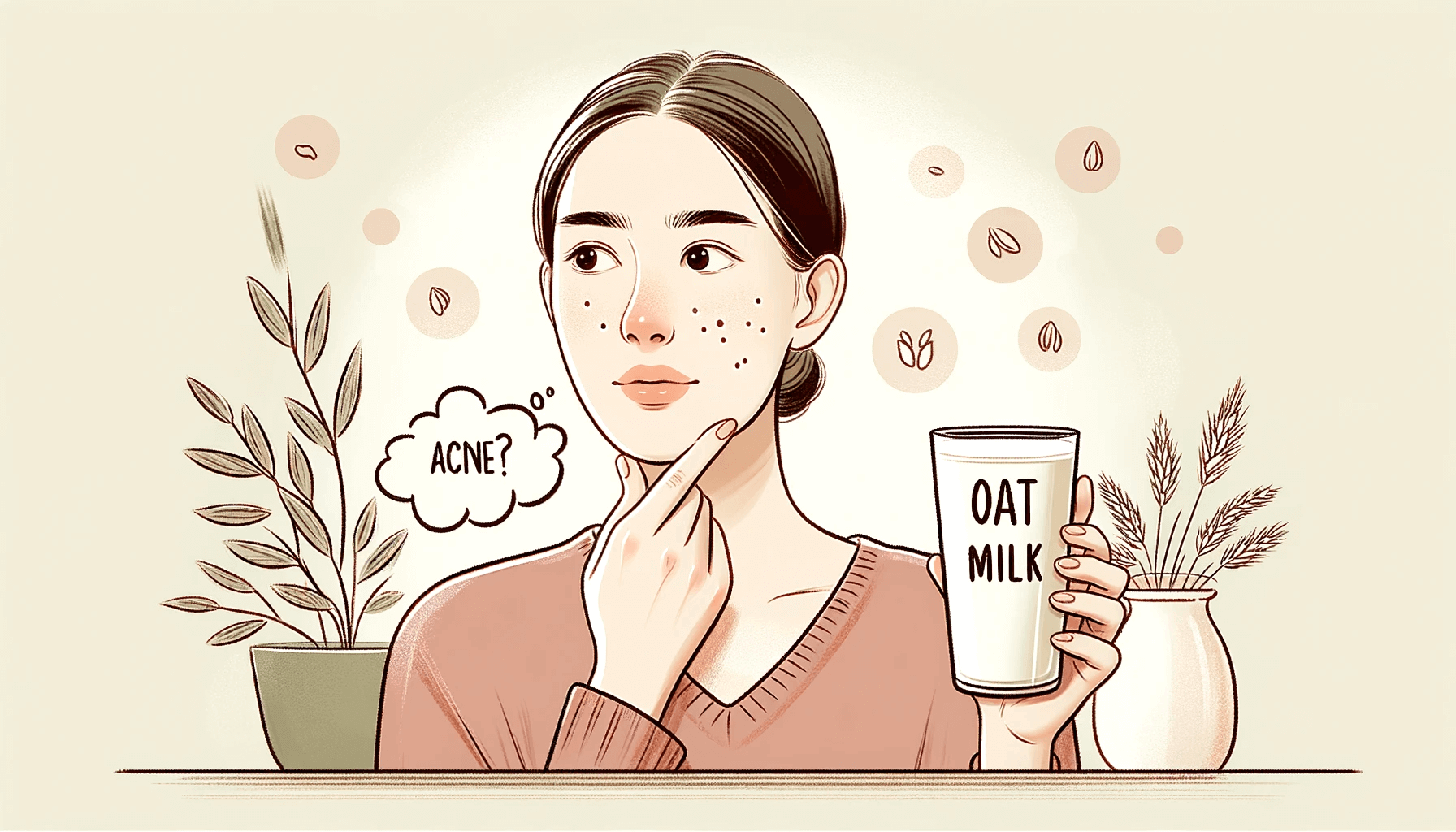
Leave a comment